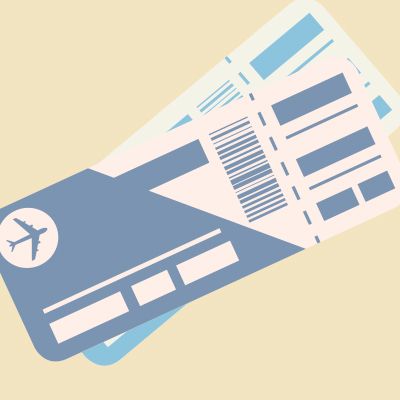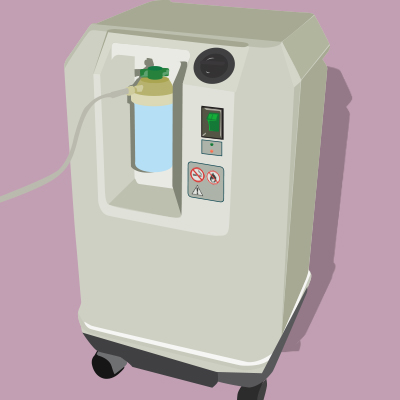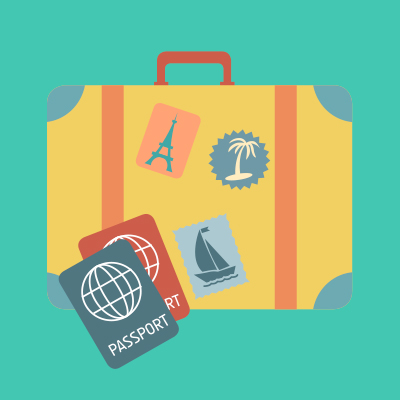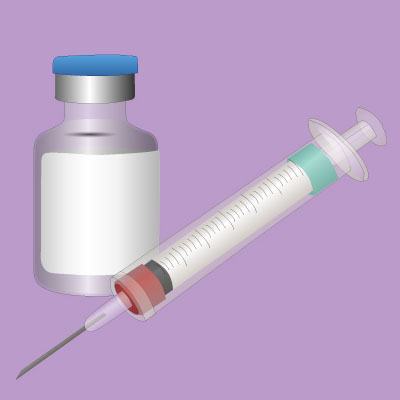There are different ways that you can be assessed to see if you are ‘fit to fly’. This may include one or more of the following:
- You may be asked about your medical history, including your symptoms.
- A physical examination.
- If you have flown before you may be asked how you felt and if you became unwell during the flight.
- A walking test to assess your breathlessness.
- Your oxygen levels may be checked using a pulse oximeter.
- A ‘Hypoxic challenge Test’ (HCT) may be carried out.
- Lung function has been found to be a poor indicator for how you will feel when you take a flight. Air travel can affect you differently than someone else with a similar respiratory condition.
Hypoxic challenge test
This aims to reproduce the effects of flying by breathing in air that has less oxygen in it. It is carried out by a health care professional who will monitor you closely.
- Your oxygen levels will be checked regularly.
- If you normally use oxygen then you will wear this during the test. The test may help to identify whether your oxygen is set at the right level for during the flight.
- If you do not usually use oxygen then the test will help to identify whether you need to wear oxygen during the flight.


 The air pressure within the cabin of a commercial airplane is not the same as the air pressure at sea level. This means that when you travel by plane, oxygen will not enter your body as easily as it does normally.
The air pressure within the cabin of a commercial airplane is not the same as the air pressure at sea level. This means that when you travel by plane, oxygen will not enter your body as easily as it does normally.

 Not everybody will need extra help to travel.
Not everybody will need extra help to travel. Some countries outside Europe have an agreement to provide emergency medical treatment to people from the UK. You will be treated in the same way as a resident of the country you are in, although this may not cover all the things you would get for free on the NHS. The high commission, consulate or embassy of the country you are visiting should be able to give you information on the health care services available. More information on this can be found at the
Some countries outside Europe have an agreement to provide emergency medical treatment to people from the UK. You will be treated in the same way as a resident of the country you are in, although this may not cover all the things you would get for free on the NHS. The high commission, consulate or embassy of the country you are visiting should be able to give you information on the health care services available. More information on this can be found at the 
 If you are travelling outside of the UK you may need to be vaccinated against some of the serious diseases found in other parts of the world.
If you are travelling outside of the UK you may need to be vaccinated against some of the serious diseases found in other parts of the world.


